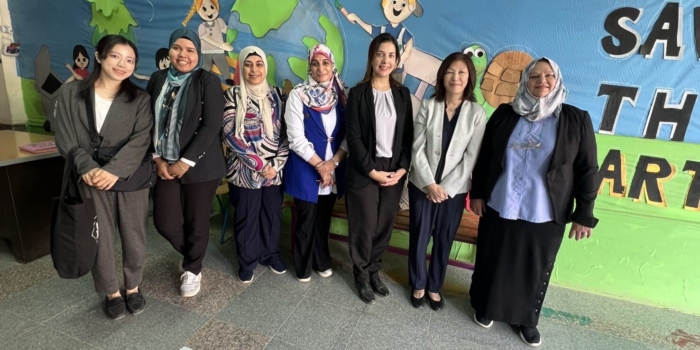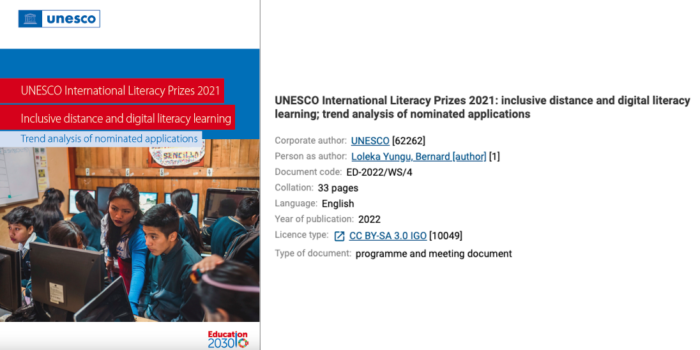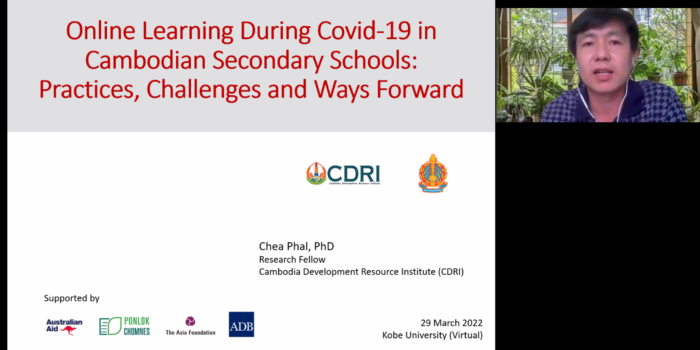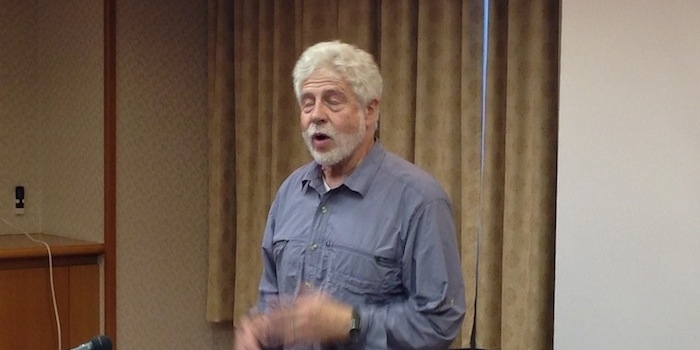From November 3 to December 21, 2024, I had the privilege of participating in the Japan International Cooperation Agency (JICA) Internship Program at PADECO Co., Ltd., a prominent development consulting company based in Cairo, Egypt. This article outlines my experiences and reflections during this invaluable two-month internship.
As a JICA intern assigned to PADECO, I was engaged in the Official Development Assistance (ODA) project titled “Development and Dissemination of the Japanese Educational Model with a Focus on Special Activities in Egypt.” The project aims to develop and promote a holistic Japanese educational model centered on special activities, school and classroom management techniques, learning through play, and other methods from the Japanese education system. Its ultimate goal is to establish a sustainable framework that strengthens and implements this model across Egypt. During my internship, I contributed to the following key activities.
First, I assisted in the preparation, implementation, and data entry of a questionnaire survey for the project’s mid-term evaluation. During a visit to one of the public schools, I noticed that some secondary school students struggled to understand simple texts and words, revealing the harsh reality of learning poverty and educational disparities. To streamline the data entry process, I created and shared a checklist of schools, classes, and survey targets accurately.
 Next, I had the opportunity to visit six schools in Cairo and its surrounding areas to observe educational activities including classroom discussions, pupil’s association, Special Needs Day, and research classes with the Cairo Japanese School. These visits underscored the effectiveness of Japanese-style special activities in fostering independence, cooperation, and responsibility among students. For instance, during discussions, I observed students expressed their opinions, accepted differing viewpoints, and proposed compromise solutions— demonstrating the positive impact of the activities. However, I also observed challenges such as teachers prioritizing outcomes over the process and neglecting the integration of diverse perspectives, which reaffirmed the need for flexibility and receptiveness in education.
Next, I had the opportunity to visit six schools in Cairo and its surrounding areas to observe educational activities including classroom discussions, pupil’s association, Special Needs Day, and research classes with the Cairo Japanese School. These visits underscored the effectiveness of Japanese-style special activities in fostering independence, cooperation, and responsibility among students. For instance, during discussions, I observed students expressed their opinions, accepted differing viewpoints, and proposed compromise solutions— demonstrating the positive impact of the activities. However, I also observed challenges such as teachers prioritizing outcomes over the process and neglecting the integration of diverse perspectives, which reaffirmed the need for flexibility and receptiveness in education.
 Then, I attended various meetings, which required me to quickly grasp the context of discussions and record them accurately and concisely despite limited prior knowledge. Observing Japanese professionals during these interactions, I realized the importance of understanding cultural nuances, customs, and communication styles to facilitate consensus-building in cross-cultural settings. For instance, during discussions on adapting career education curricula to the Egyptian context, I was deeply inspired by the Egyptian team’s unwavering dedication to tailoring content for the benefit of local children.
Then, I attended various meetings, which required me to quickly grasp the context of discussions and record them accurately and concisely despite limited prior knowledge. Observing Japanese professionals during these interactions, I realized the importance of understanding cultural nuances, customs, and communication styles to facilitate consensus-building in cross-cultural settings. For instance, during discussions on adapting career education curricula to the Egyptian context, I was deeply inspired by the Egyptian team’s unwavering dedication to tailoring content for the benefit of local children.
Finally, as part of the project’s public relations efforts, I wrote articles for the newsletter, highlighting committee activities such as Special Needs Day and pupil’s association. This experience enhanced my ability to organize and clearly communicate information to a broad audience.
I gained numerous valuable insights, three of which stood out as particularly significant: First, the importance of soft skills. In cross-cultural environments, technical expertise alone is insufficient. Respecting others’ cultures and values, along with building trust through active communication, is essential. Dialogues with Egyptian educators underscored the importance of understanding their perspectives and cultural backgrounds as a foundation for project success. Next is the importance of field observations. Visiting local schools allowed me to gather insights that could not be captured through data or literature alone. Observing the actions and expressions of teachers and students revealed challenges and nuances that were otherwise inaccessible. This experience reinforced the importance of firsthand observation and on-the-ground experience. Then, there is the importance of an attitude of learning from others. I benefited immensely from the guidance of experienced consultants who shared practical insights on classroom observations and evaluation methods. This reaffirmed the importance of maintaining a mindset of continuous learning and leveraging others’ expertise for personal and professional growth.
 Through this internship, I deepened my understanding of the challenges facing the Egyptian education system and the potential of Japanese-style education to address them. I believe that this approach, with its emphasis on fostering independence and mutual respect, has the potential to empower Egyptian children and unlock their full potential. This experience also clarified my aspiration to work in education and welfare for vulnerable children in the Middle East and North Africa. I am committed to amplifying the voices of those on the ground and implementing field-oriented projects. To achieve this, I will continue to study Arabic and Islamic culture, enhance my expertise in education, and deepen my knowledge in related fields, balancing academic pursuits with practical engagement.
Through this internship, I deepened my understanding of the challenges facing the Egyptian education system and the potential of Japanese-style education to address them. I believe that this approach, with its emphasis on fostering independence and mutual respect, has the potential to empower Egyptian children and unlock their full potential. This experience also clarified my aspiration to work in education and welfare for vulnerable children in the Middle East and North Africa. I am committed to amplifying the voices of those on the ground and implementing field-oriented projects. To achieve this, I will continue to study Arabic and Islamic culture, enhance my expertise in education, and deepen my knowledge in related fields, balancing academic pursuits with practical engagement.
Last but not least, I would like to express my heartfelt gratitude to JICA for this exceptional opportunity, the JICA Egypt Office, PADECO Co., Ltd., and the PMU team for warmly welcoming me into the project. I also extend my most profound appreciation to Professor Keiichi Ogawa for his unwavering support throughout the application and internship process, the members of the Ogawa Seminar for their valuable advice, and the Academic Affairs Section of the Graduate School of International Cooperation Studies at Kobe University for their guidance. Furthermore, I am sincerely thankful to Professor Aiko Sakurai, Professor Masahiro Chikada, and Professor Koichi Kuzuki for their flexible and supportive approach during my internship as well as to everyone who extended their kindness and assistance during my stay in Egypt.

Authored: Kyoko Okamoto (Master’s student)
Related










